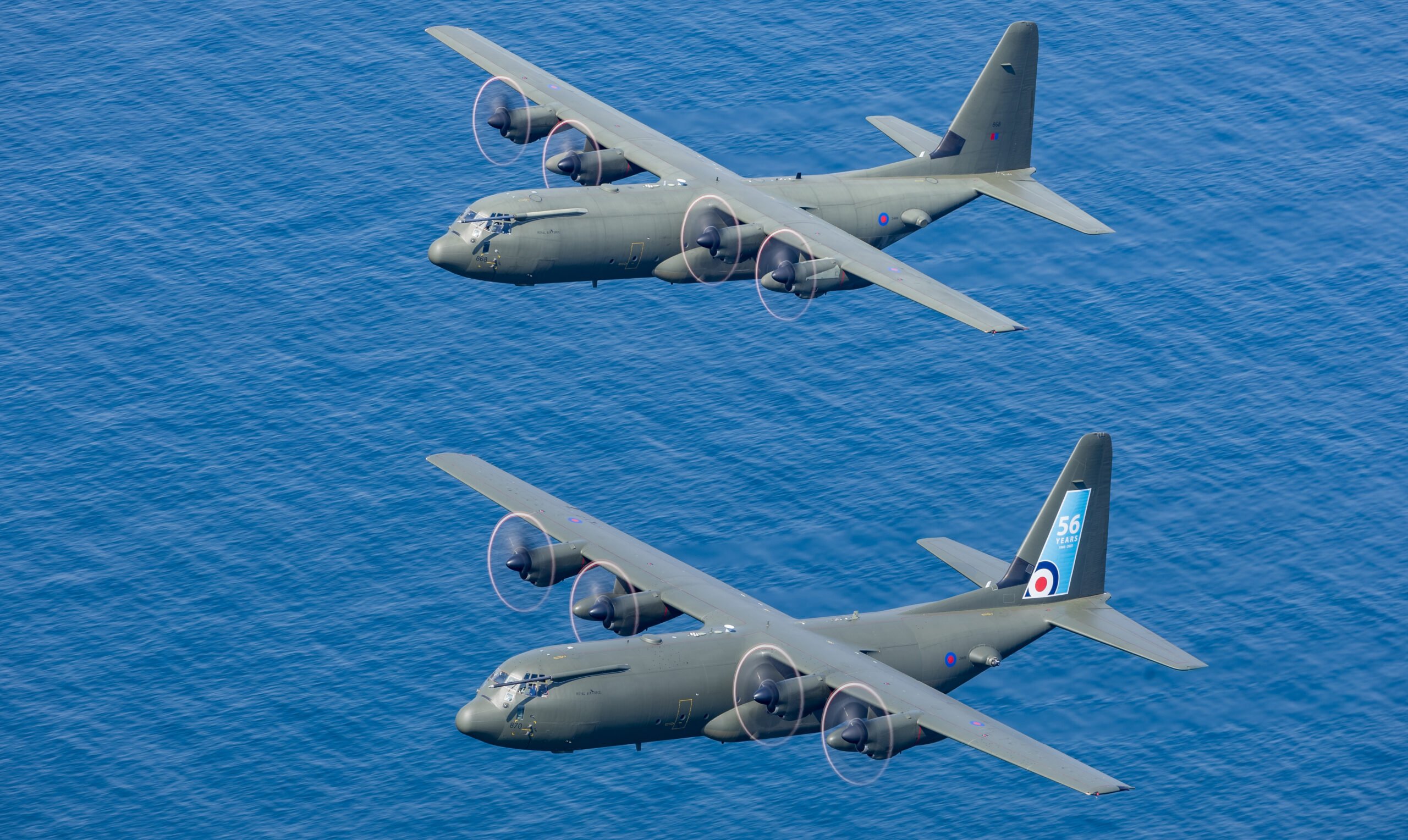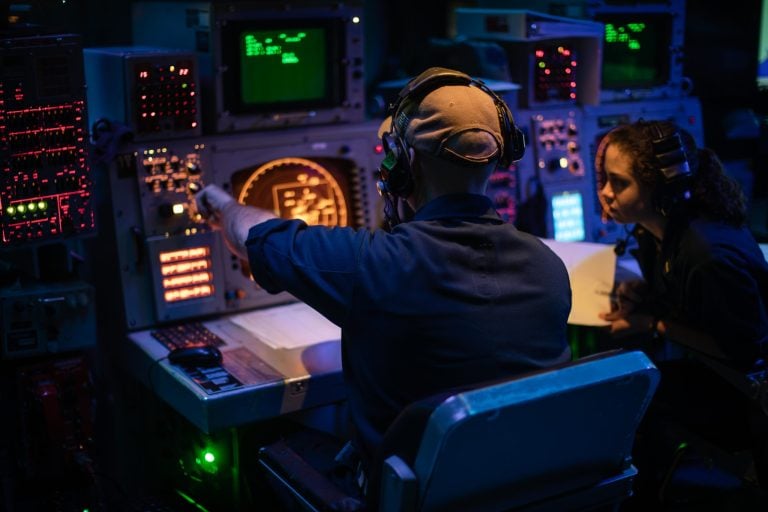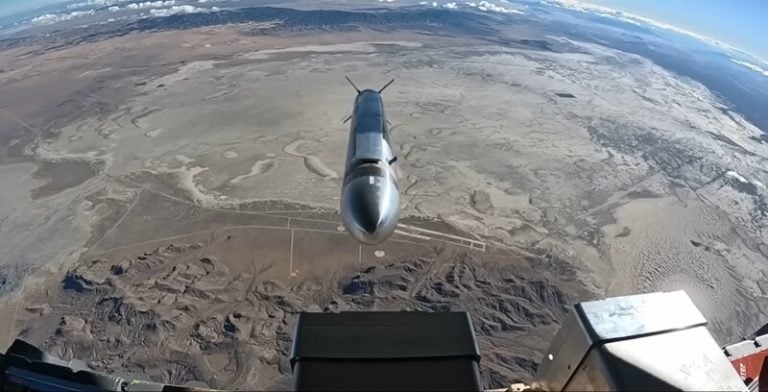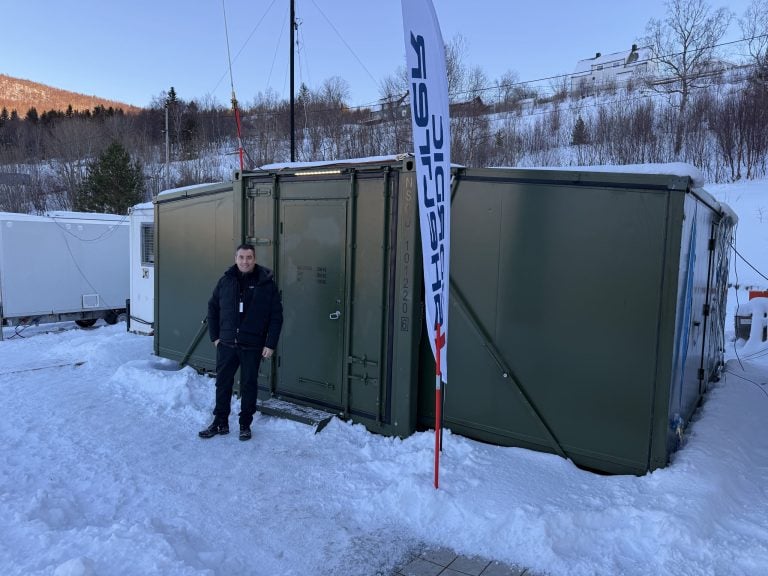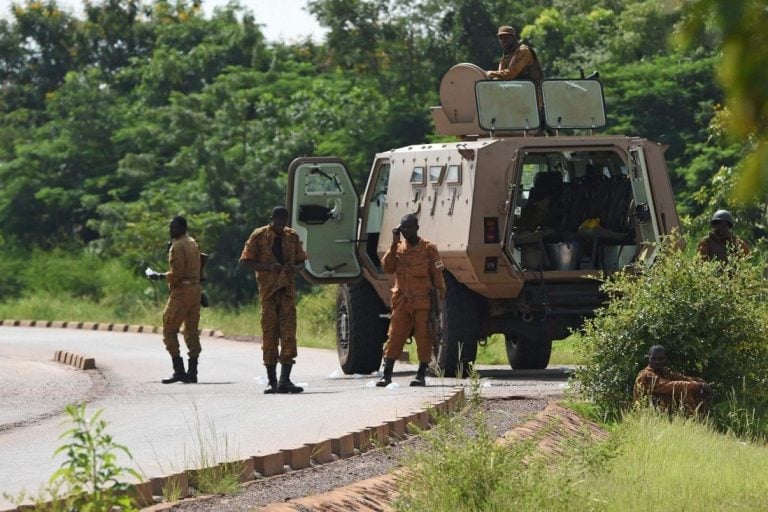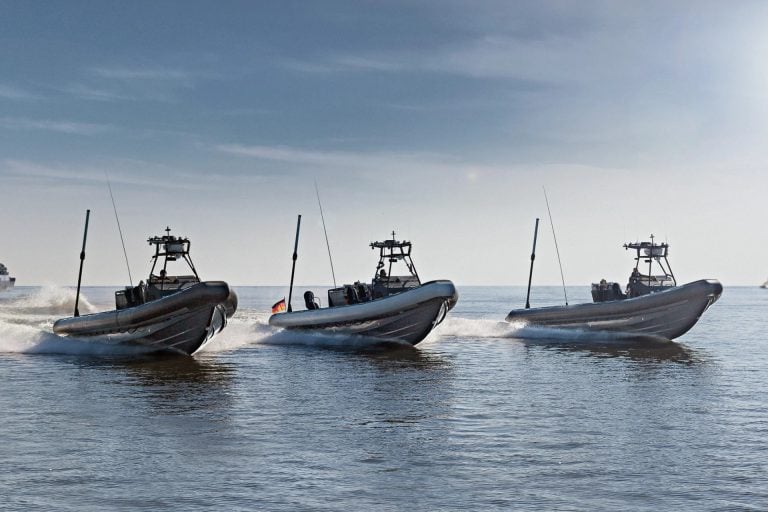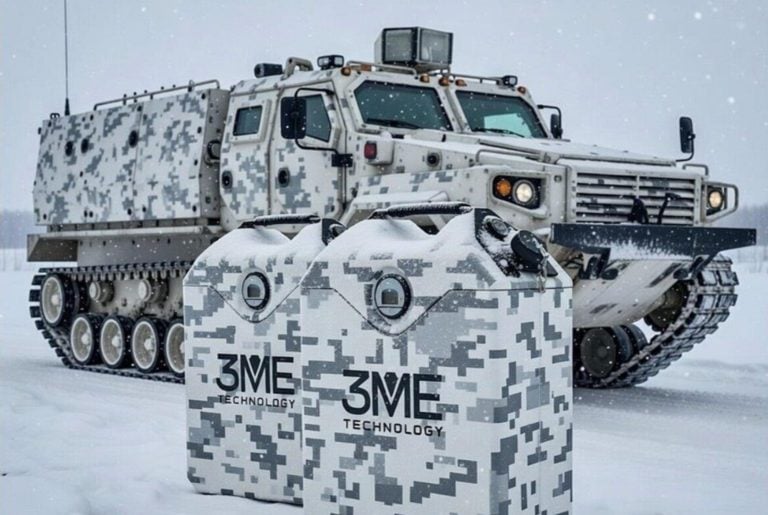Turkey has solidified its commitment to enhancing its military capabilities by signing a multi-year contract with Marshall Aerospace, aimed at maintaining and upgrading 12 C-130J Super Hercules transport aircraft. These aircraft were previously part of the Royal Air Force’s inventory and have now been acquired from the United Kingdom.
The scope of the agreement covers essential services including regular maintenance, spare parts supply, tooling, training, and integration support. This initiative will empower the Turkish Air Force to establish a robust long-term support capability for the newly acquired fleet.
Currently, the C-130Js are undergoing extensive modernization and refurbishment at Marshall Aerospace’s facility in Cambridge, England. One of the critical upgrades involves the replacement of the center wing box. This structural component, which connects the wings to the fuselage, is crucial for ensuring the aircraft’s longevity and operational safety. Marshall Aerospace is among a select few companies worldwide authorized to perform these vital modifications.
Upon completion of the updates in the UK, the aircraft will be formally commissioned into service. Future maintenance operations are expected to transition to Turkey, contingent on the successful training of local crews, thereby fostering domestic capabilities in aircraft sustainment.
The reconfigured C-130Js are set to serve as successors to older C-130B and C-130E models, alleviating some operational pressure from Turkey’s Airbus A400M fleet. This enhancement is poised to significantly boost Turkey’s ability to transport troops, supplies, and humanitarian aid efficiently.
Bob Baxter, CEO of Marshall Aerospace, expressed enthusiasm about the contract, stating, “We are delighted to have signed this contract to keep Türkiye’s new modern, world-class tactical airlift fleet mission-ready and mission-capable.” He further emphasized the company’s position within the global C-130 community as a premier provider of comprehensive fleet support.
The C-130J Super Hercules, developed by Lockheed Martin, boasts impressive specifications including a fuselage length of 98 feet (30 meters), a wingspan of 133 feet (40 meters), and a 41-foot (12-meter) cargo bay. The aircraft can accommodate around 90 personnel or transport up to 42,000 pounds (19,051 kilograms) of cargo.
Engineered for performance, the C-130J is powered by four Rolls-Royce AE 2100D3 turboprop engines, each generating 4,637 horsepower, and features advanced six-bladed Dowty R391 composite propellers. With a maximum speed of 362 knots (417 miles or 670 kilometers per hour), a flight ceiling of 40,386 feet (12,309 meters), and a range of 1,800 nautical miles (2,071 miles or 3,334 kilometers), the C-130J has established itself as a versatile and reliable asset in military operations.
Globally, there are over 500 operational C-130Js, deployed across more than 20 countries, complementing a total of approximately 1,100 standard C-130 Hercules variants in use worldwide.
